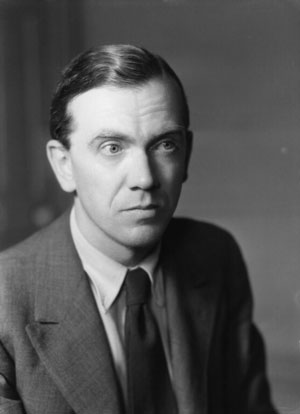
It’s that time of year when I am involved with two “adult education programs”: the ongoing Monday evening Catholic novel series and the Friday Film Festival. Each program has been going on for more than 30 years. A few months ago, because attendance at each had dropped, I thought about terminating both. I eventually came to look at the notion of terminating as a temptation. Because I continue to believe that each has tremendous educational potential, I chose to make a few changes rather than terminate either. Even if attendance in either program does not increase, if those who attend continue to claim that they think the programs are important, I have decided not to terminate.
In the Catholic novel program students and I have read or re-read somewhere between 150 – 200 Catholic novels. We have read so many that at this time I am finding it difficult to find Catholic novels that we have not discussed. This may be a blessing in disguise because it has led me to return to five great classics that the students and I discussed many years ago. Each of these classics deserves a second reading.
Though I think “The Power and the Glory” is Graham Greene’s masterpiece, my favorite Greene novel is “The End of the Affair.” In fact it is not only my favorite Greene novel, but my favorite among all the novels I have ever read. I will give the lecture on that novel. The other four lecturers have been carefully selected by me. I am looking forward to their presentations.
I have deliberately scheduled the course on the novel and the Film Festival close together in order to stress the importance of story in our lives. In recent years I have come to appreciate the importance of understanding the crucial role that story plays in every person’s life. In his book “What Is God?” (New York: Paulist Press, 1986, pp. 143, $14.95) John Haught offers some very important insights:
“The identity of all of us is established by our interaction with the narrative context of our existence. Our sense of the meaning of our lives, if we are fortunate enough to be conscious of living meaningfully, is a gift of the narrative nest in which we dwell. The meaning of our lives is determined by the way that each of us participates in an ongoing story. And when people today speak of their experience of meaninglessness, isolation, alienation, rootlessness, etc., such experience can almost invariably be traced to an inability to find some meaningful story in which to situate their lives. (p.74)…The inability to think of God in any meaningful sense undermines the idea that there is any overarching meaning to history or to the universe as such. And when the cosmos and history are themselves perceived as purposeless, then the individual’s life-story (if one can call it a story at all) will be seen as no more than a disjointed series of moments played out on a stage that is deaf to any call for meaning. Without the support of a transcendent ground, therefore, life-inspiring narrative can be no more than a chimera.” (p. 76)
Being exposed to great stories can form our consciences and deepen our self-understanding. I have come to believe that every great novel is, at least implicitly, about the reader. As the author tries to weave into his or her novel insights into the mystery of the human person, he or she is offering to the reader the opportunity to see more deeply, not only into the characters in the novel, but into the life of the reader. I believe the same about great films. A great film can call a viewer to profound self-reflection. This is ultimately why I conduct the adult courses and the film festivals. Of course both can be very entertaining but they can also be much more than entertaining. They can be mediators of grace.
I am very aware that our culture does not encourage us to reflect deeply about our Catholic faith. As a priest I find it difficult to find contemporary literature or contemporary films that speak directly to my Catholic faith. In our secular culture I have to work overtime to find contemporary literature or contemporary film that supports or presents favorably what I believe. I suspect that my experience is not unique to me. Because over many years, really going back to my experience in high school and college, Catholic novels and great films have impacted greatly on my life. I am hoping that what has provided such wonderful experiences in my life might do the same for others.
Father Lauder is a philosophy professor at St. John’s University, Jamaica. He presents two 15-minute talks from his lecture series on the Catholic Novel, every Tuesday at 9 p.m. on NET-TV.
